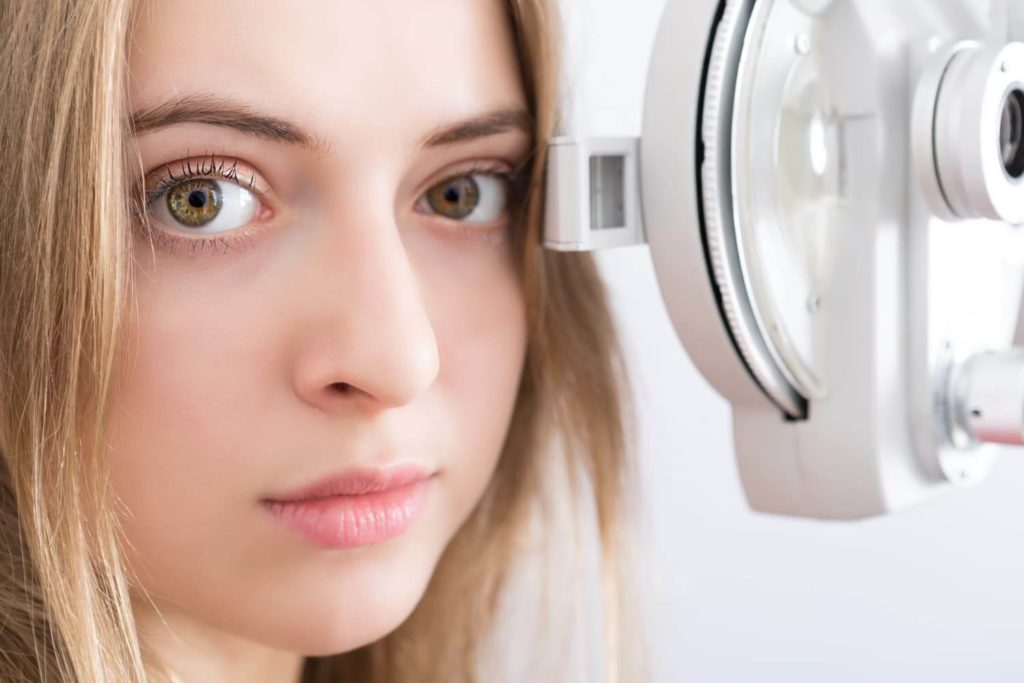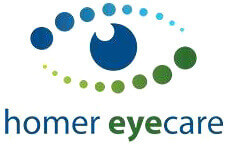Our Team believes in being proactive, rather than reactive. Thus, we’re invested in your eye health and vision maintenance by way of early detection and prevention. Even though you may feel fine, many eye conditions can be present with little to no obvious symptoms or warnings. So, we take an in-depth look to get the most complete picture of your eye health.

Yes, we’ll update your prescription. We also look closely into your eye and systemic health via clinical and photographic observation of your retina for insights into cardiovascular health. In addition, we use state of the art retinal nerve scanning equipment to track and diagnose potentially progressive and vision threatening conditions. These proactive tests help us screen our patients for eye diseases such as glaucoma, macular degeneration, and cataracts, as well as systemic issues like high blood pressure, diabetes and thyroid conditions. This is why it is called a comprehensive eye exam rather than a vision screening. Early detection and diagnosis means that we can treat conditions before any permanent vision loss occurs.
Your sight matters and the eye care provider you choose will make the difference you can see.
When Should I See the Doctor?

Regardless of your age or health, it’s important to have regular eye exams. It is recommended that patients see an eye doctor for an eye health exam every one to two years. If you have been diagnosed with a specific condition, your doctor may recommend more frequent monitoring.
Parents can be the best detectors of early visual issues. We can see kids of any age, especially if you suspect there is something off with their vision or eye health. The American Optometric Association recommends that children have an exam at six months old to evaluate for eye health conditions; three years old to evaluate the eyes for normal development; and five years of age to promote success in school.
Advanced Technology
In our continued efforts to offer the most advanced eye care to our patients, we take pride in offering the latest technology in the field of Optometry.
During the early stages of an eye condition, you might not notice a change in your vision. However, diseases such as macular degeneration, glaucoma, keratoconus or diabetes can be detected with a thorough exam of the retina, crystalline lens, or cornea.
We offer in-depth exams supported by the latest technologies, including:
- OCT (Optical Coherence Topography)
- Optos Retinal Imaging
- Optos Retinal Autofluorescence Imaging
- Corneal Pachymetry
- Corneal Topography
- Humphrey Visual Fields
- iCare Tonometry
- Plus Optix Handheld Autorefractor
- Zeiss iTerminal 2 Advanced Lens Customization









